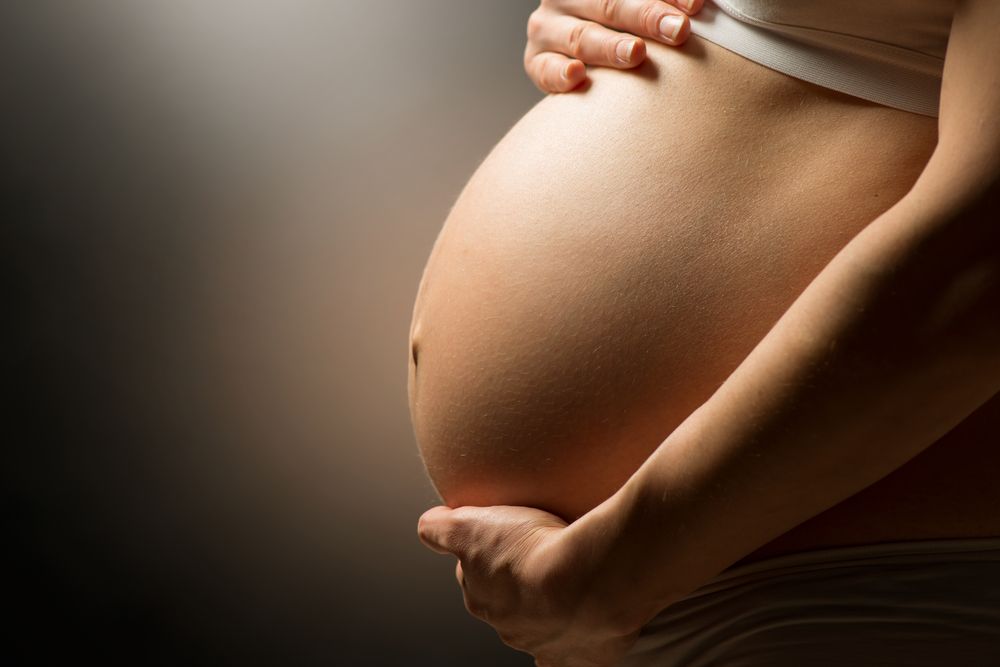Pregnancy, SLE, and APS: New Guidelines
New guidelines issued at EULAR 2015 outline ways to reduce risks of complications for pregnant women with SLE and antiphospholipid syndrome. Details here.
©Subbotina-Anna/Shutterstock.com

Pregnancy can pose unique complications for women with systemic lupus erythematosus (SLE) and antiphospholipid syndrome (APS), including preeclampsia and preterm birth.
New guidelines issued at the 2015 annual meeting of the European League Against Rheumatism (EULAR) outline ways to reduce those risks in the context of disease activity and the impact of medications.
At the same time, a large population study from Sweden presented at the EULAR meeting offers some reassurance that, for women who’ve previously had children, pregnancy does not cause an accelerated risk of cardiovascular complications.
However, they urged that women with SLE must be watched carefully for disease-related effects, such as maternal-placental insufficiency-- especially those who’ve never been pregnant.
The EULAR recommendations for women’s health and pregnancy include ways to deal with reduced fertility in SLE, use of birth control, assisted reproductive technology, and hormone therapy during menopause.
Since SLE and APS often strike during a woman’s reproductive years, often before a woman has started or completed a family, “physicians must ensure that optimal management includes best-practice measures to reduce these risks from the onset of disease and throughout pregnancy,” stresses the lead author of the guidelines, Laura Andreoli, MD, of the Rheumatology and Clinical Immunology Unit at the University of Brescia, Italy.
Recommendations include preservation of fertility with gonadotropin-releasing hormone (GnRH) analogues before women are treated with certain medications, including alkylating agents like cyclophosphamide (Cytoxan).
Also included in the guidelines:
- Human papilloma virus (HPV) immunization should be considered for women with stable disease.
- Clotting risk in APS and disease activity in SLE should be taken into account when oral contraceptives and other birth control measures are being used or considered.
- Assisted reproduction can be considered in women with stable or inactive disease, with provisions to limit the risk of flare.
- Disease activity, serological markers, and renal function should be closely monitored to guard against adverse pregnancy outcomes (such as preeclampsia and preterm birth) as well as disease flares.
- Fetal monitoring, including ultrasound, should be done during high risk pregnancy--especially after 24-28 weeks of pregnancy to screen for placental insufficiency and other problems.
- Fetal echocardiography is indicated for suspected fetal dysrhythmia, especially in patients with positive anti-Ro and/or anti-La.
- Hydrochloroquine, glucocorticoids, azathioprine, cyclosporine-A, tacrolimus, and intravenous immunoglobulin can be used to prevent or manage SLE flares during pregnancy.
- For menopausal women with stable disease and no antiphospholipid antibodies, hormonal therapy can be used for severe vasomotor symptoms.
- Cancer screening, especially for pre-malignant cervical lesions, is needed in women taking certain immunosuppressive drugs.
As for cardiovascular risks, the retrospective Swedish study of 3,232 women with SLE (72% of whom had undergone childbirth), found that incidence of cardiovascular events was highest among women who had never had children.
The researchers conclude that pregnancy and its complications do not accelerate cardiovascular events to the same extent as SLE-related conditions. In fact, they suggest, for some women with lupus an uncomplicated pregnancy may be a positive sign of later cardiovascular health.
References:
Andreoli L, Bertsias G, Levin G, et al. EULAR recommendations for women’s health and the management of family planning, assisted reproduction, pregnancy, and menopause in patients with systemic lupus erythematosus and/or the antiphospholipid syndrome. EULAR 2015; Rome: Abstract OP0086